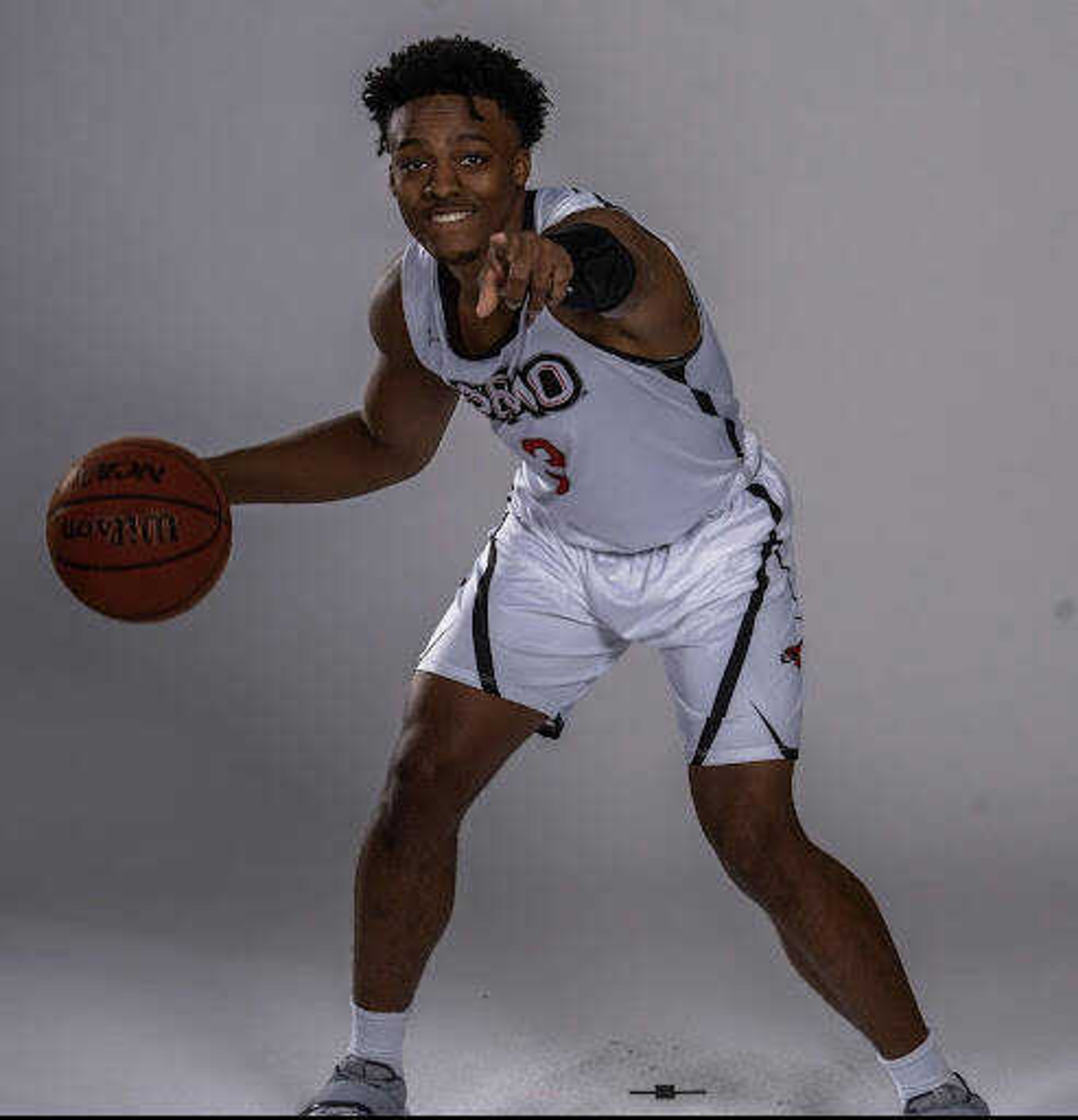Collegiate athletes are often held to a higher standard on and off the court or field. Having to balance education, sports and social life can be difficult for some athletes.
According to athletesforhope.org, 33% of collegiate athletes experience symptoms of depression, anxiety or other mental health conditions.
Having such high standards to live up to can be mentally exhausting for athletes and affect their performances or well-being, which is why acknowledging athletes' mental health is important.
SEMO men’s basketball junior guard Eric Reed, Jr. said being an athlete is more than just performing in front of fans.
“Being able to do what you love while using your platform to influence the youth and community to do the right thing is what being an athlete means to me,” he said.
Reed acknowledges mental health in athletes and the importance of reaching out during hard times. He said the best way he deals with hardships throughout the season is finding alternative ways to cope.
“There are times where I feel overwhelmed throughout the season,” Reed said. “During those times, I try to get my mind off of things by doing things I love like going for walks or spending more time at the gym, and it calms me down.”
Reed said it is beneficial to have coaches who can understand the experiences and problems the athletes go through.
“We have young coaches that we can relate to,” Reed said. “They’ve experienced the things that we go through not too long ago, so it’s easy to talk to them, and they’re very understanding.”
Reed encourages athletes to not be afraid to express themselves, because there are people who care and are ready to listen.
“Being a collegiate athlete is not easy,” Reed said. “You should definitely speak to someone [if you’re struggling], because keeping everything bottled up isn’t the healthiest thing to do, and speaking from experience, you’re more than likely to explode.”
David Hudson, athletic trainer for SEMO athletics, said men in athletics with mental health issues are often stereotyped as “weak.” However, the goal of athletic trainers at SEMO is to build bonds with the athletes and ensure they are not only healthy physically, but mentally, as well.
“We are here to support athletes in every aspect,'' Hudson said. “Even through academics, if athletes are suffering from an injury, we want to make sure their classes aren’t suffering, as well,” he said. “We do our best to help athletes get through their injuries and maintain their mental well-being.”
Hudson encourages athletes to be vocal during times of need, because they’re not alone.
“Don’t be afraid to talk,” Hudson said. “We have eight staff athletic trainers who are more than willing to talk and help get the resources you need.”
Statistics show 30% of women and 25% of men who are collegiate athletes report having anxiety, and only 10% of athletes with known mental health conditions seek care from a mental health professional, according to acsm.org.
Director of the Center for Behavioral Health and Accessibility (CBHC) Odiahambo Millicent said the center offers free, confidential services on campus at all times for all students and encourages them to reach out.
“We offer brief, bi-weekly consultations for students that are registered,” Milicent said. “Students can call or walk in to schedule an appointment. However, if students are in a crisis, the center encourages students to call, and an appointment will be available for you on the same day.”
The center recommends students who are seeking support register with Accessibility Services by completing the First-Time Disability Service Students’ form at





